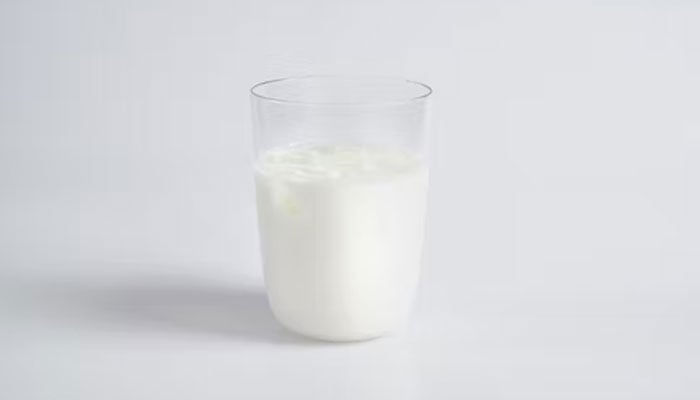

As different kinds of milk and creamy beverages are available yet not referred to as milk, Food and Drug Administration has decided that the non-dairy options can be officially referred to as “milk”, reported CBS News.
However, there are different kinds of milk as per nutrition, fat, and taste alongside people’s different choices in the selection of milk. The preferences and choices also depend on how you use them.
For instance, there are people who like to have oat milk in coffee due to its creamy texture as compared to other non-dairy milk, whereas there are others who prefer flavoured milk if they are drinking it as a glass to enjoy its taste.
There are some options for you to help you figure out how the choices differ from a nutrition-based standpoint.
As a note from CBS News: Each nutritional breakdown is based on a one-cup serving (240 ml) of the brand listed on the US Department of Agriculture’s FoodData Central database. Different brands or versions of each milk may vary.
Dairy milk, 2%
calories: 122total fat: 4.66 grams protein: 8.23g calcium: 309 mg sodium: 95.6 mg cholesterol: 19.6 mg
Soy milk
calories: 110total fat: 4.51g protein: 7.99g calcium: 451 mg sodium: 96 mg cholesterol: 0 mg
Oat milk
calories: 120total fat: 4.99 g protein: 3 g calcium: 350 mg sodium: 101 mg cholesterol: 0 mg
Almond milk
calories: 50.4total fat: 1.99 g protein: 1.01 g calcium: 130 mg sodium: 149 mg cholesterol: 0 mg
Coconut milk
calories: 75.6fat: 5.08 g protein: .512 g calcium: 459 mg sodium: 46.4 mg cholesterol: 0 mg
These are just some milk options which are presented here. In other non-dairy milk products, you may come across pistachio, macadamia, cashew, hemp, flaxseed, rice, pea, and of course, banana milk.
Other options while choosing milk
There are also some decisions that lead people to opt for milk apart from health differences and taste preferences.
Allergies: Specific diet restrictions are a major player in milk options. For instance, some people with nut or soy allergies may not opt for milk, whereas for people with an intolerance of lactose or who are on a vegan diet, and plant-based milk is likely a go-to.
Environment: The environmental impact of every alt-milk in the market isn’t yet known, but there is data amongst rice, soy, almond and oat — and we know they’re all better as compared to cow milk.
According to a Global Change Data Lab analysis, “Among the non-dairy options, rice has the lowest impact on land use, almond has the lowest impact on greenhouse emissions, and soy has the lowest impact on freshwater use.”
Some other additions: What is the difference between dairy milk and plant-based milk? As dairy cows are pregnant, their milk naturally boosts levels of progestins, estrogens and other hormones.
On the other side, plant milk contains additives. But positively, they’re sometimes full of nutrients as compared to dairy milk.
People can also include additional flavours like vanilla flavouring and sugar but not unnecessary sugars as advised by CDC.